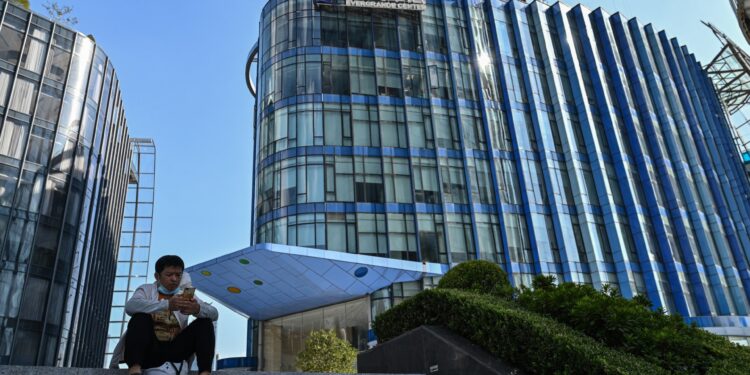China’s economy grew at a much slower pace than expected in the second quarter as a prolonged property downturn and job insecurity dampened an already modest recovery, keeping expectations alive that Beijing will need to unleash more economic stimulus.
Official data showed that the world’s second-largest economy grew 4.7% in the period from April to June, the slowest quarterly growth since the first quarter of 2023, and came below analysts’ expectations of 5.1%, and below the 5.3% achieved in the previous quarter.
“Overall, the disappointing GDP data shows that the path to achieving the 5% growth target remains challenging,” said Lin Song, chief economist for Greater China at ING.
Real estate crisis
The years-long property crisis worsened in June as new home prices fell at the fastest pace in nine years, hurting consumer confidence and limiting the ability of debt-laden local governments to generate new funds through land sales.
The government is targeting economic growth of around 5% by 2024, a target that many analysts believe is ambitious and may require more stimulus.
On the other hand, the economic uncertainty that has been looming over the country has contributed to a vicious cycle that has kept consumption low.
The figures come as China’s ruling Communist Party opens a crucial meeting led by President Xi Jinping focused on the economy, known as the “Third Plenary Session.”
The Chinese president delivered a “work report” at the opening of the meeting, Xinhua news agency reported, noting that he “also explained the draft decision of the Communist Party of China Central Committee on further deepening reform in an all-round way.”
Xi said the party was planning “major reforms,” and analysts hope the pledges will provide much-needed support to the economy.
“The four-day meeting of the country’s top governing body has been delayed,” Moody’s Analytics economists Harry Murphy Cruz and Sarah Tan said in a note, as it was scheduled to take place in the fall.
They added that they believe the communist leadership will “most likely” not decide to carry out radical reforms and will instead adopt “adjustments” to develop the high-tech sector or announce “some support measures for the real estate sector.”
Unexpected repair
Last week, the Communist Party’s official People’s Daily seemed to confirm the dim forecasts by warning that “reform does not mean a change of direction and transformation does not mean a change of colour.”
For his part, Ting Lu, chief China economist at Nomura Group, explained that the meeting “aims to discuss important, long-term ideas and structural reforms rather than making short-term policy adjustments.”
This public meeting used to be an occasion for the party’s top leadership to unveil major shifts in economic policy.
In 1978, then-Chinese President Deng Xiaoping used the meeting to announce market reforms that set China on a path of tremendous economic growth.
Following a closed-door meeting in 2013, the leadership pledged to give the free market a “decisive” role in allocating resources, as well as sweeping changes to economic and social policy.



